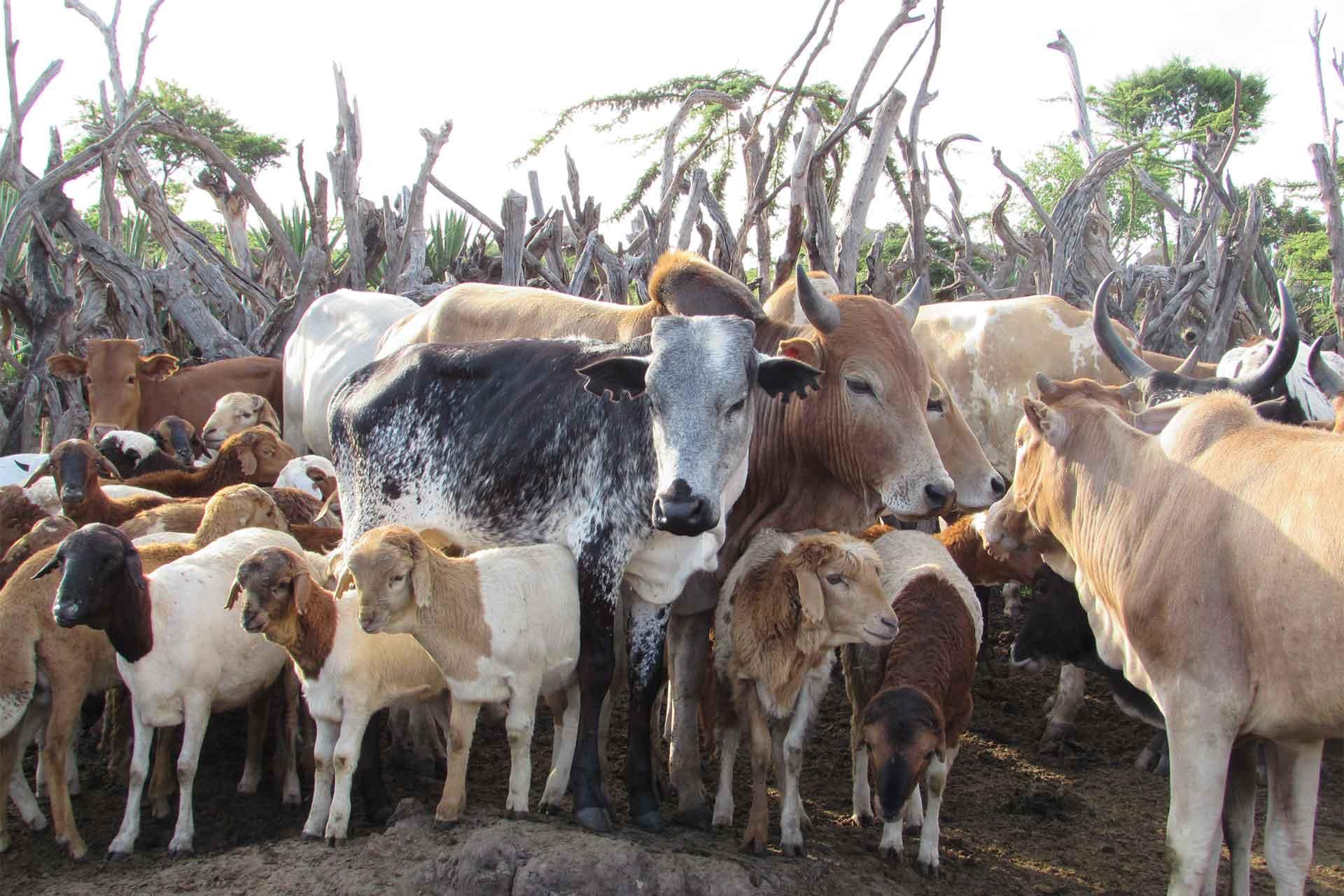The Pirbright Institute is joining a new network which aims to help detect, predict and prevent viral diseases that threaten animals.
Funded by UK Research and Innovation (UKRI) the One Health Computational Network (OHCN) is an interdisciplinary project strengthening UKRI’s work on tackling livestock disease.
The network stems from the UKRI’s broader five-year strategy, Transforming Tomorrow Together, which aims to harness the UK's research system to tackle complex, large-scale challenges.
Pirbright co-leads, Dr Tim Downing, Dr Naomi Forrester-Soto and Dr Nicos Angelopoulos said: “The Institute is co-leading an effort on the early detection of emerging viruses using enhanced monitoring methods. The OHCN aims to integrate genomic, population and ecological data to provide new insights and tools for epidemic preparedness, including exploiting computational and statistical methods like artificial intelligence (AI).”
Emerging and novel viruses are a growing threat due to factors such as deforestation, meat consumption, climate change and livestock overpopulation, which accelerate virus evolution and spread.
“Pirbright aims to leverage additional funding in future to allow the network to start active research to develop innovative tools and methods to detect, predict and prevent future viral outbreaks,” the co-leads added.
OHCN will link datasets across organisations to develop new computational tools to address three central aims: predicting the risk and spread of emerging and re-emerging viruses across susceptible animal populations; assessing the early detection of emerging viruses at the human-animal interface and inferring evolutionary changes in viruses that could affect phenotype and virulence.
The network will develop virtual workshops and a symposium to foster interdisciplinary collaboration and identify new approaches for epidemic preparedness.
The Pirbright Institute is funded by UKRI Biotechnology and Biological Sciences Research Council (BBSRC).
